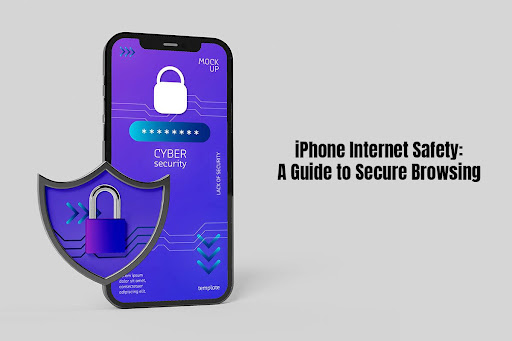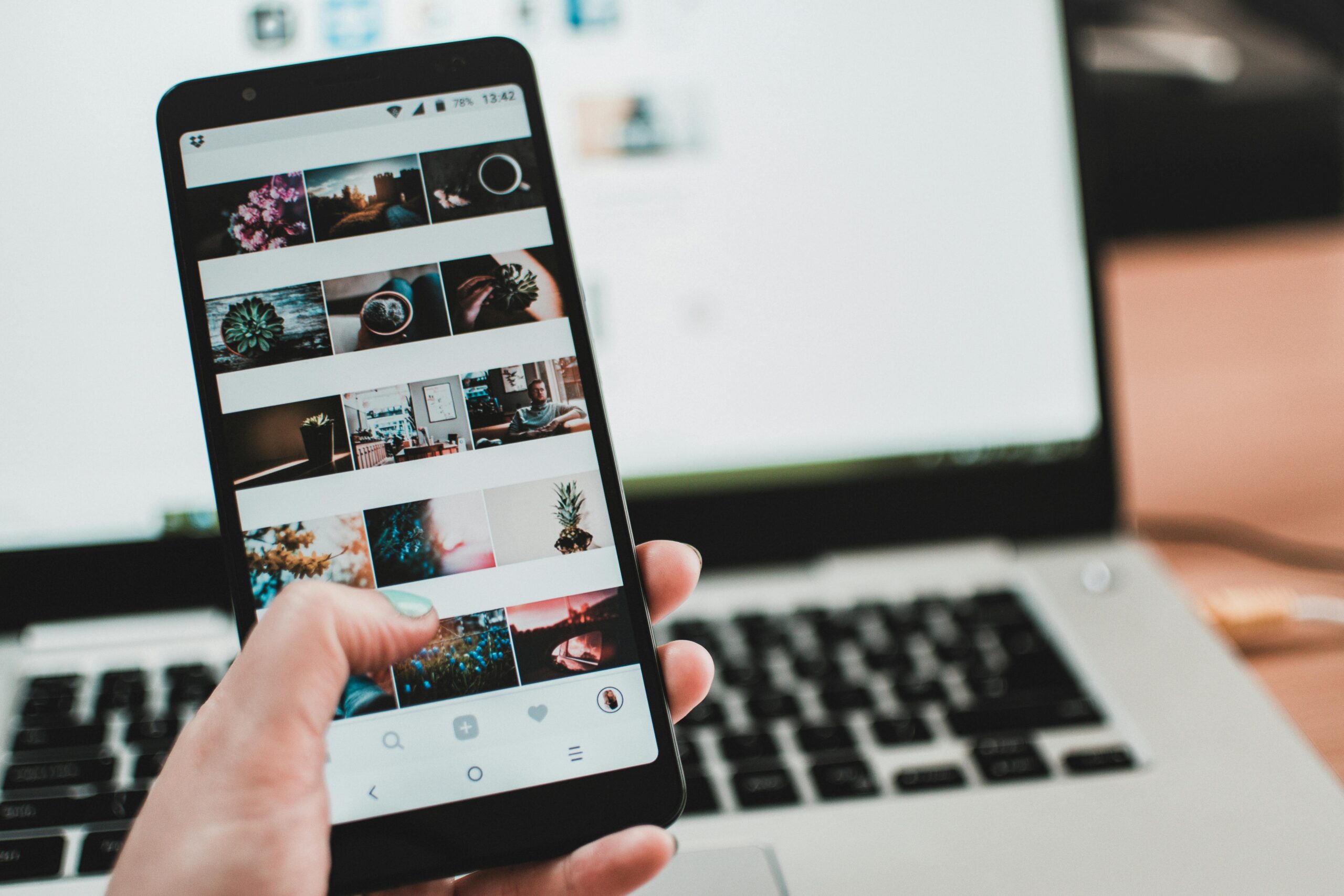
IPhone Internet Safety: A Guide to Secure Browsing
Greetings, iPhone users! We are confident you will use your iPhone as a window to the digital wonderland. But are you aware of the dangers that lurk in the shadow of this realm?
Whether researching online, shopping for the latest trends, or conversing with friends, you are constantly under attack. And you don’t even know it!
The Internet offers you boundless opportunities to explore and discover the wonders of the World Wide Web. But it comes with its challenges and security risks. You must be responsible for your digital freedom and ensure you are taking enough security to protect your personal information.
Worry not because we are here to take you on a knowledgeable journey through this guide on safe browsing practices.
Why is Internet Safety Important?
In today’s increasingly digital world, personal data is vulnerable to privacy invasions and security breaches. Hence, Internet safety is paramount.
Whenever you pick up your iPhone to browse the web, you are leaving digital footprints in the form of cookies, browsing history, and cached data. Malicious actors can potentially exploit these traces and wreak havoc in your life.
Secure Browsing on your iPhone: Helpful Tips
- Choose A Safe Browser
Start by choosing a web browser with strong security features. As an iPhone user, you are already blessed with Safari. This is a solid choice because it is designed with privacy in mind. The browser blocks trackers and safeguards your data.
But if you want more browser options, consider DuckDuckGo or Brave.
- Make It Your Habit To Delete Your Browsing And Search History
Has it ever been beneficial to dig in the past? Similarly, your browsing and search history can reveal a lot about you. It is best to keep it hidden.
Practice clearing your browsing history to maintain online privacy. Here is how to clear search history on iPhone.
Click the Settings application on your phone > find Safari > tap on it to access the browser’s settings > tap on the Clear History and Website Data option. Viola! Your search and browsing history is completely erased.
If you do this regularly, you will benefit in several ways. The first and foremost is security and privacy. Second, improved speed of the browser. Third, a lot of storage space is reclaimed as soon as you remove cached data.
So, do not think twice before clearing your browsing history.
Please note that if you are not using Safari but a different browser, you must follow the browser’s instructions for clearing your browsing history.
- Only Visit Websites Using Https
Is the website you are visiting not using HTTPS? It would be best if you immediately closed the tab. Most probably, your browser will stop you from opening such websites, and you must listen to the warning.
HTTPS websites indicate an encrypted connection, and your data will be protected.
- Use A Vpn
It is a good idea to install and use a virtual private network if security and privacy are a huge concern. VPNs encrypt the Internet connection and route your data via a secure tunnel. Therefore, snoopers and malicious actors will have a hard time trying to intercept your data. Even if they do, they will see gibberish.
- Passwords Must Always Be Unique And Strong
Never create passwords with information relating to your life. The passwords of your online accounts must always be unique. You can use a password manager to help generate and remember all the passwords.
- Keep Your Ios Software And Browser Updated
Apple releases regular updates to fix bugs and improve performance. So, always remember to install the updates. The security enhancements will keep you safe from the latest threats.
- Be Aware, And Don’t Click On Anything That Looks Suspicious
Phishing attempts are common nowadays, but they are very dangerous. It would be best if you stayed vigilant for these attempts. These might be websites designed to trick you or fraudulent emails asking for personal details.
Also, you must never click on suspicious-looking links, open emails from unknown senders, or download email attachments without checking the sender.
- Use 2fa
Since malicious actors are becoming smarter and coming up with technologically-driven methods to steal your data, you have to take the necessary steps to stay safe.
Step one is having a strong password.
Step two is enabling two-factor authentication. This adds an extra layer of security. So, when you enter your password, the account sends a verification code to your email or phone number. Without this code, you cannot log into your account. This makes it harder for cybercriminals to steal your data as they might guess your password, but the code will only be sent to your number or email.
The Bottom Line
The Internet is at your fingertips with an iPhone. But, it is crucial to take steps to safeguard yourself when you are exploring the digital realm.




